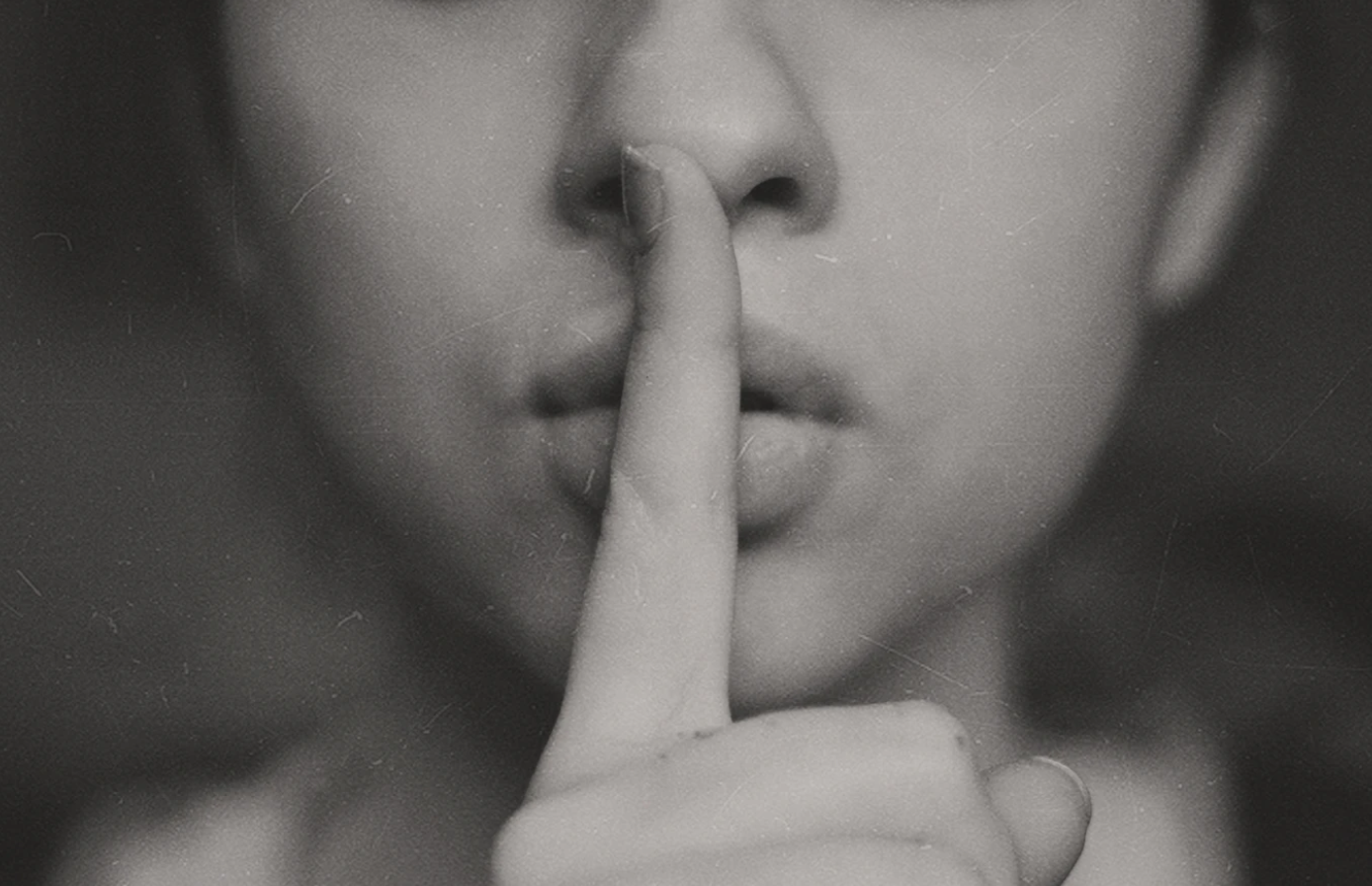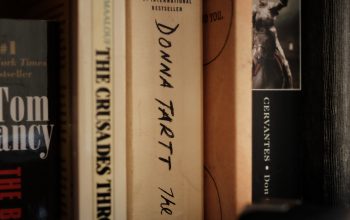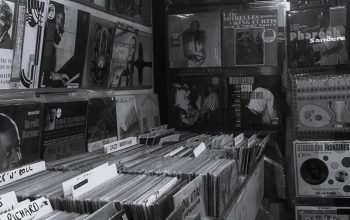Photo Credit: Kristina Flour
Has #MeToo created a community of support or pressure for survivors to speak up?
Aloysius Wong, Photo Editor
#MeToo: a symbol of solidarity, community, challenge, and voice. Without discussing in much detail the history behind #MeToo, suffice it to say that it has created a movement and a culture of dialogue and speaking up against sexual abuse and violence.
However, perhaps the more important question to ask is if the movement has actually made it easier for survivors of sexual abuse to speak up — or, has it made people more scared of the backlash and damage that has been more evident as more of these cases are in the public eye? Furthermore, has it created precedents and therefore pressure for survivors who might not want to tell their stories to do so?
I don’t think there are clear-cut answers to these questions and any that will follow. For example, consider the case of Christine Blasey Ford, who came forward with her story about Brett Kavanaugh sexually assaulting her in the 1980s during the U.S. Supreme Court Justice nominations. Her courage and her story both inspired women to speak up, even while defendants of Kavanaugh sought to destroy her life and her reputation.
I don’t have the experience or background to know if #MeToo has created a culture pressure for survivors who aren’t ready to speak up, but I am reminded of the story of Jessica in the TV adaptation of 13 Reasons Why. After being raped and later coming forward with a court case against her rapist, she becomes an activist for women’s rights and encourages others to speak up like she did. She also becomes student body president under the campaign to end rape culture, in part by reducing funding to sports programming (this was motivated by the fact that the rapists in the show — including hers — were all male athletes in the school).
Evidently, there is both good and bad in this story. Cultural change and speaking up are important and lead to the creation of communities for survivors — communities of strength, conversation, and collective action. However, seeking the end of sports when sports can be the only positive outlet for many people would actually be detrimental. Culture change has to come from within — from the way athletes talk about sex, the expectations placed on them, and the pressures they place on each other; from the way that we support survivors, authentically listening to their stories and providing them the confidentiality and the time and space to heal; from the way we treat each other in our everyday lives. Just as there are no blanket categories for survivors of sexual abuse, so too are there no blanket categories for perpetrators of sexual abuse.
Finally, now that the issue is more gendered given the prevalence of women (a) having experienced sexual abuse, and (b) women speaking up about sexual abuse, does this make men more or less likely to speak up about their own experiences? When men are often the perpetrators of these assaults — the villains — has the movement created space for men to also speak up as survivors when they too have experienced sexual abuse?
Consider the case of a man being caught in an unwanted sexual experience, especially with a woman. When he tells his friends about it, he is more likely to be told that he “got lucky,” not that he was abused and taken advantage of. 1in6.org seeks to show this often invisible narrative of the men who have been sexually assaulted or abused. This is not as common of a story as the experiences of countless non-males, I agree, but it is one that exists just as much as all the other stories of abuse.
However, there is also change happening in regards to men speaking up. Positive change is evident in the lengthy media attention given to the rape at the all-boys St. Michael’s College School. The larger movement is found in other students and alumni of the school who speak up about their experiences, which also helps create dialogue and — I hope — encourages other survivors (including male ones) to come forward and seek to bring justice to their abusers. It’s also important to note, however, that most men are neither rapists nor victims of sexual abuse. The recent cultural conversation especially in the media regarding this particular case seems to support the narrative that there are either the stereotypical privileged male abusers and the occasional unlucky male victim — both of which are narratives that lack nuance and understanding of the deeper cultural, intergenerational, and external pressures present.
Later in 13 Reasons Why, a touching and inspiring scene occurs in a scene in which Jessica, after a speech about her own experiences, starts a Spartacus moment as she says, “My name is Jessica Davis, and I’m a survivor.” The first people to rise with her are cis- or transgender women (or at least not male or male-passing), and it seems at first that it will remain that way. Not long after, however, Tyler gets up as well, saying, “My name is Tyler Down, and I’m a survivor.” This seems to give the other men in the room the courage to do the same, including Justin Foley, who later discloses for the first time on screen his experiences being raped and abused in his time homeless on the streets.
Let’s ground this all in a narrative that you may already be familiar with. The Catholic Church (and other churches and religions) has had a history of sexual abuse. The residential school system had a history of sexual abuse, the effects of which persist today through intergenerational trauma and Missing and Murdered Indigenous Women and Girls. Universities have a history of sexual abuse. None of these institutions have sufficiently created repercussions and opportunities for redemption (as applicable and with the permission of the survivors) for abusers. None of these institutions have sufficiently listened to the stories of and supported survivors.
My own high school has had a history of sexual abuse.
Nearly every power structure ever, I argue, has had a history of abuse of power that includes sexual abuse. This has to change.
Men are not rapists. Athletes are not rapists. Women are not victims. Survivors are not weak. Vulnerability is not weakness. Vulnerability, dialogue, and conversation are our strength.
We are people. We are citizens. We are a community. And we must all seek to understand each person’s story with compassion if we are to truly create cultural and social change and end these cycles of rape and abuse for good.




